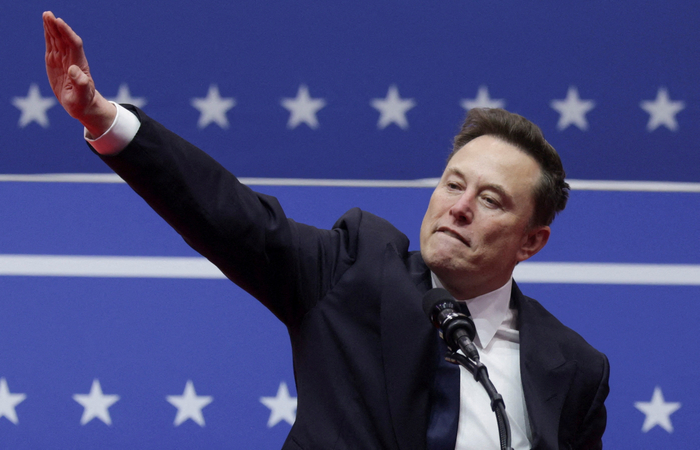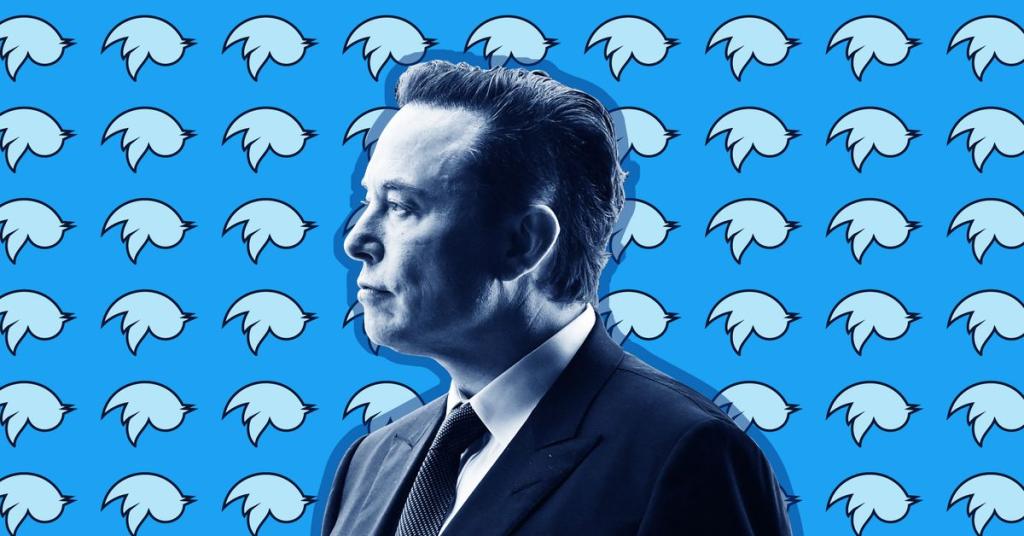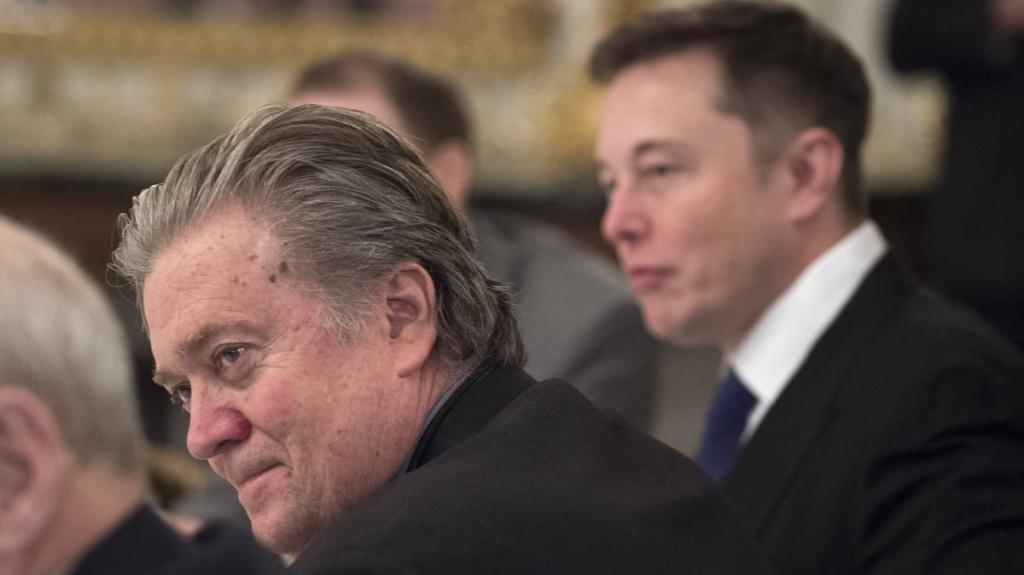Pavel Durov's Arrest and the Fight for Digital Freedom
Pavel Durov's arrest raises urgent questions about digital freedom and censorship, igniting a fierce debate over the future of free speech in Europe.
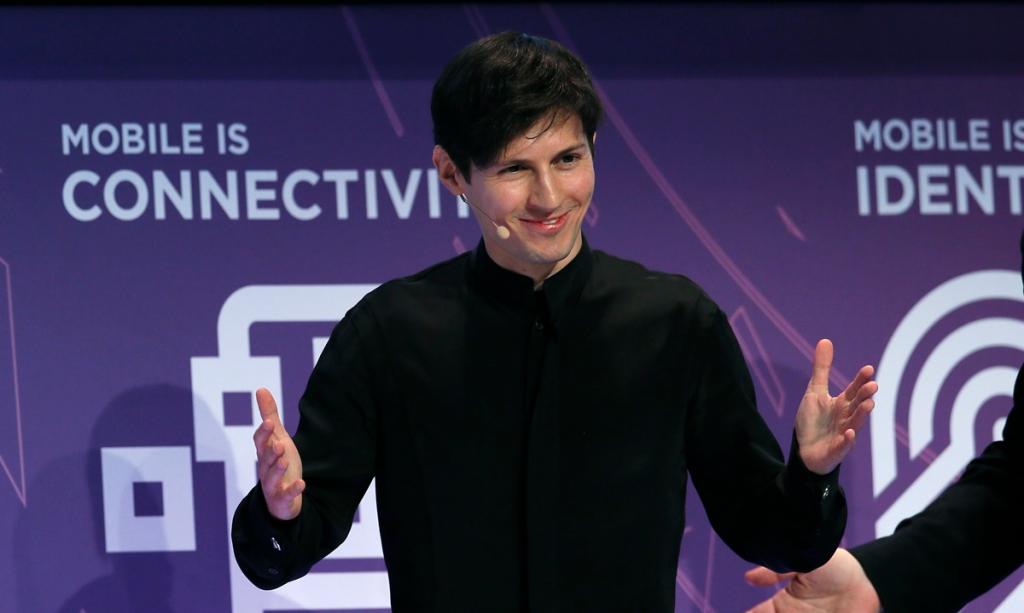
Key Points
- Pavel Durov
's arrest in France highlights the tension between digital freedom and government regulations on content moderation.
- Elon Musk
and other advocates emphasize the threat to free speech, warning that even innocuous expressions like memes could lead to severe penalties.
- The incident underscores the responsibility of tech platform owners to navigate user privacy and regulatory compliance while protecting free expression.
In recent weeks, the arrest of Pavel Durov, the founder and CEO of
, has ignited a heated debate about digital freedom and censorship, particularly in Europe. Durov's detention at
in France on August 24, 2023, has raised questions about the responsibilities of tech platforms and the implications for free speech in an increasingly regulated environment. As social media becomes a battleground for freedom of expression, this incident exemplifies the complex relationship between technology, governance, and human rights.
The Arrest and Its Implications
Durov was apprehended following accusations that Telegram facilitated serious criminal activities, including drug trafficking and child exploitation, due to insufficient content moderation. French authorities pointed to Telegram's encryption as a tool that allows criminals to operate without constraints. But Durov's case highlights a broader concern: the balance between user privacy and societal safety.
Elon Musk, the CEO of X (formerly Twitter), has been vocal in his support for Durov, emphasizing the importance of free speech. Following Durov's arrest, Musk tweeted, "POV: It’s the year 2030 in Europe and you’re being executed for liking a meme". This statement sheds light on Musk's fears regarding the future of free speech under increasing censorship and regulation.
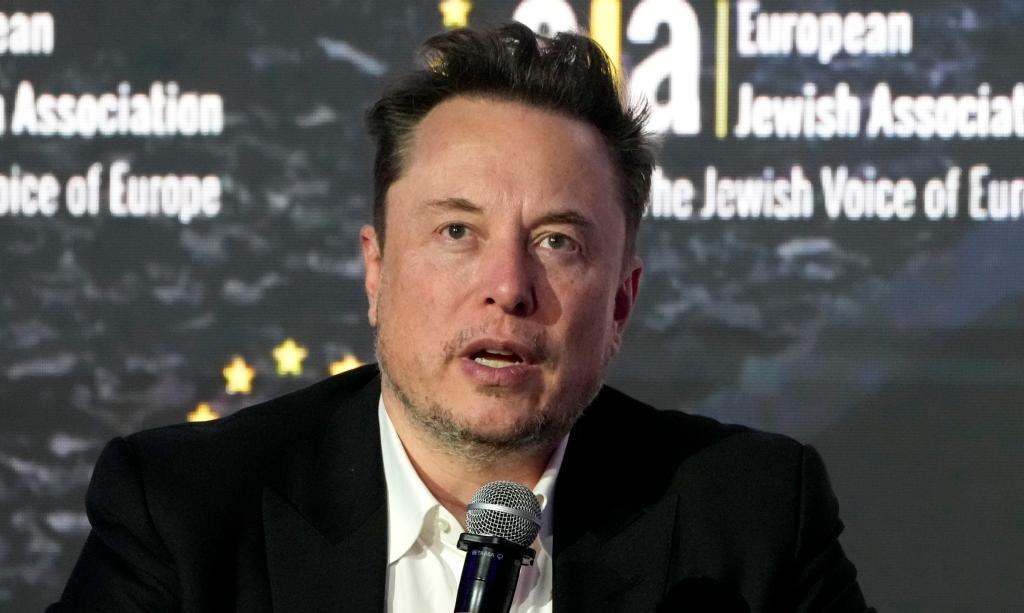
The Role of Telegram in Free Speech
Since its inception, Telegram has positioned itself as a bastion for privacy, attracting users who value secure communication. Durov's refusal to compromise user data in Russia's politically charged environment has made him a notable figure among advocates of digital rights. He has repeatedly stressed, "We cannot make messaging technology secure for everybody except terrorists", highlighting the precarious balance technologists must navigate.
Durov’s philosophy advocates for a platform that allows an array of voices, including those that challenge mainstream narratives. Enjoying a robust user base of nearly one billion globally, Telegram has become a vital tool in countries facing stringent censorship, including Russia and Ukraine. Yet, this very flexibility has drawn scrutiny from governments concerned about the platform’s potential misuse.

The Broader Impact on Technology and Policy
Durov's arrest signals a concerning trend in which tech leaders face accountability for the actions of their platforms. Critics argue this could lead to increased censorship, as platform owners may be pressured to regulate content more stringently to avoid government scrutiny. This situation raises critical questions: Should platform owners be held responsible for user-generated content? And how can tech companies protect free speech while also addressing legitimate concerns about harmful content?
Moreover, Musk’s comment about memes reflects a growing anxiety among digital rights advocates that even benign expressions of opinion could become criminalized in zealous attempts to regulate online discourse. The potential for such extreme outcomes emphasizes the need for a balanced approach—one that preserves both free speech and public safety.
Calls for Action and the Future of Digital Rights
As the situation develops, calls for action are gaining momentum. Public figures, including
and various rights advocates, have rallied around the hashtag #FreePavel, urging for clarity and support for digital rights globally. The narrative surrounding Durov is not merely about one individual but is emblematic of a larger struggle for rights that resonate universally.
In conclusion, Pavel Durov’s arrest serves as a critical juncture in the ongoing dialogue about digital freedom and government accountability. As tech companies navigate the delicate terrain between user privacy and regulatory compliance, it is essential to advocate for policies that respect free expression. The implications of this case extend far beyond Telegram—reshaping how we think about freedom on digital platforms and the responsibilities of those who run them.
